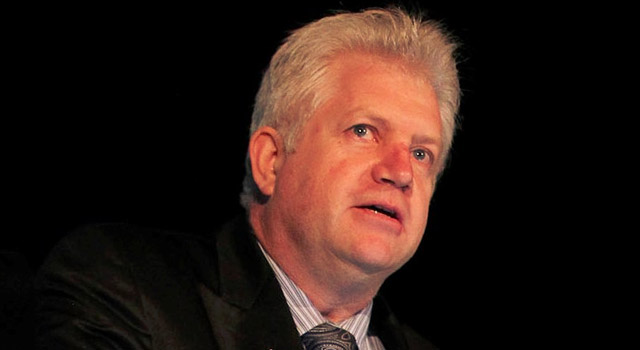
Internet access in the Western Cape is higher than the national average.
This is according to a study dubbed the “Western Cape Digital Readiness Assessment 2015″, which was commissioned by the province’s department of economic development & tourism and conducted by Research ICT Africa, the University of Cape Town and the University of the Western Cape.
According the survey, 93,8% of individuals in the province access the Internet via a mobile phone, compared to a national average of 70,8%.
Moreover, the survey said that 38% of Western Cape households have a computer with ADSL Internet access compared to the national average of 22%.
The survey further indicated that the average Western Cape resident spends 20,1% on their monthly income on Internet connectivity.
“This research now provides a baseline for us to track the effect of our broadband roll-out programme,” said Alan Winde, the Western Cape’s MEC for economic opportunities.
“We placed special attention on getting to grips with three of our most vibrant, yet previously underserved areas so that we are able to see how access to broadband is changing lives and business opportunities for those residents,” said Winde.
Social media usage in the province also tops 93,5% of individuals against a national average of 75%.
Other results indicate that just 35,7% of Western Cape survey participants search for jobs via a mobile phone and 37,2% use it for educational purposes. About half of respondents (50,9%) admit that their cellphone helps them find work.
“Our survey found that 60,3% of residents are using their phones to search for health-related queries,” said Winde.
“We’ve been seeing shorter queues at our clinics, which suggests more residents are indeed turning to the Internet for basic medical questions. This is saving them travel money and lost time at work. It’s also reducing demand on stretched government medical services,” said Winde.
However, the MEC conceded that the cost of Internet access is still high in South Africa.
“Nationally, users spend 24,7% of their income on mobile services, which includes data and voice. In the Western Cape, the average is 20,1%. According to the International Telecommunication Union, anything above 5% in not affordable. This is why we have selected bringing broadband to residents as one of our game changers.”
The province plans to spend more than R2bn on a broadband roll-out project in the province. The province further says it has connected about 123 000 residents to its public Wi-Fi programme.
“This year, 2 000 government sites, including schools, libraries and health facilities, will go live. Our goal is that every resident of this province has access to affordable Internet,” Winde said. — Fin24




